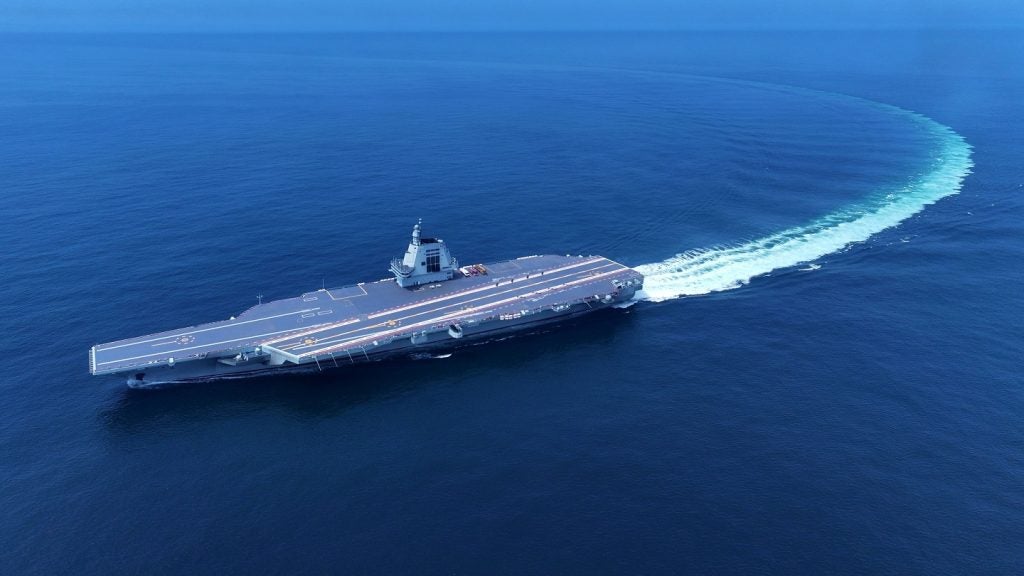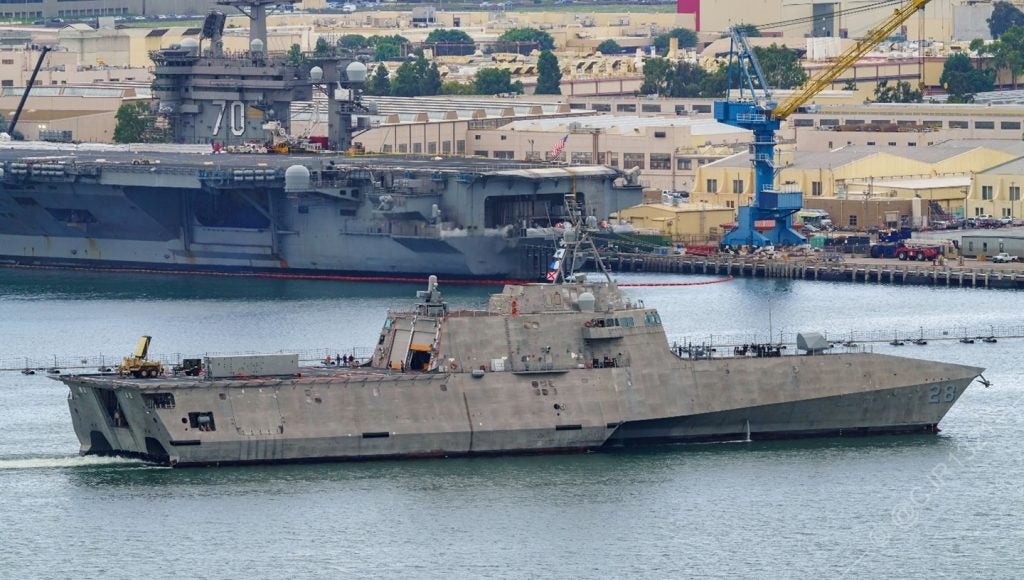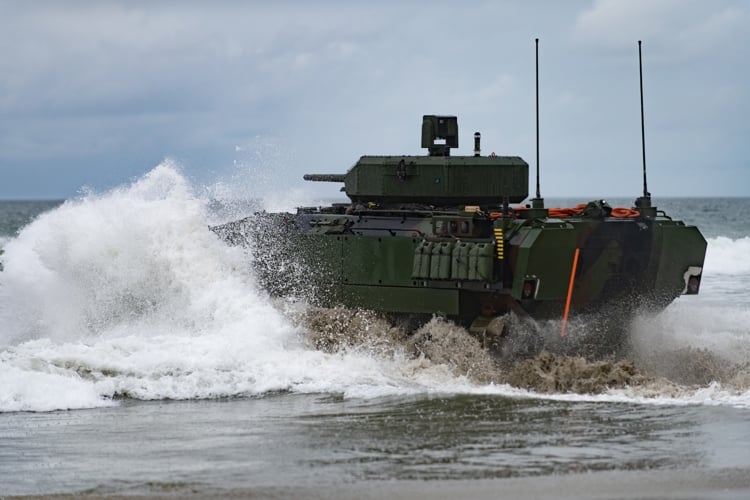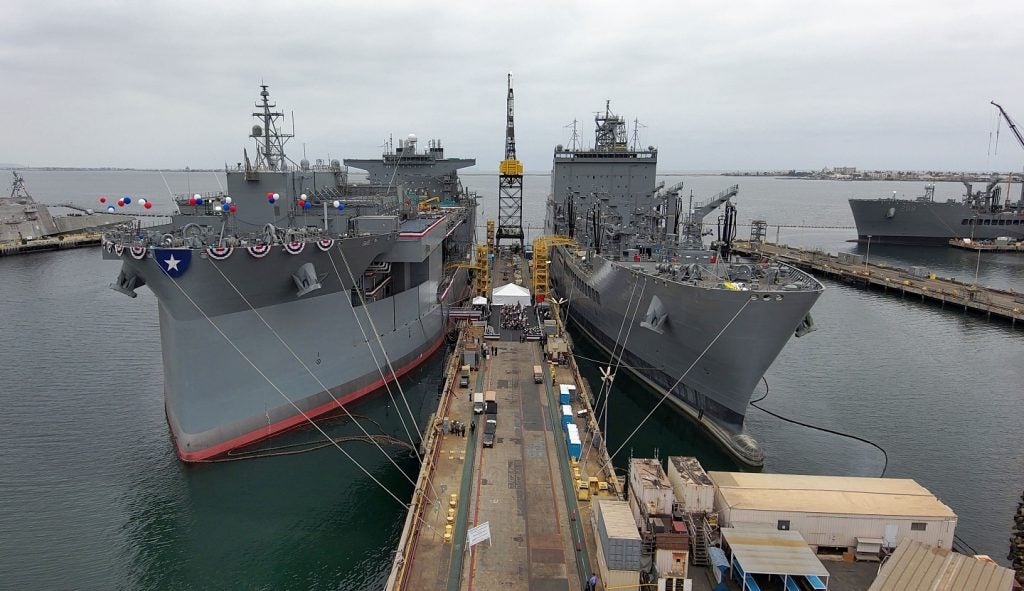The US Navy has successfully tested the new 50/50 biofuel blend on an MH60S Sea Hawk helicopter in a move to achieve the objective of decreasing its need for petroleum-based fuels.
The helicopter tested a fuel mixture made from Camelina seed and flew from Air Test and Evaluation Squadron 21 at Naval Air Station Patuxent River, Maryland, US.
Camelina belongs to the same family of plants as mustard seed and rapeseed, needs little water or nitrogen to flourish and can be grown on marginal agricultural soil.
“These biofuels provide the navy with an ‘off-ramp’ from petroleum to increased energy security,” said US Navy Task Force Energy director Rear Admiral Philip Cullom.
The MH60S helicopters are designed for missions such as anti-surface warfare, combat support, humanitarian disaster relief, search and rescue, aero medical evacuation, special warfare and organic airborne mine countermeasures.
The navy has also tested the biofuel blend on the F/A-18 Super Hornet and will continue testing across additional aircraft models in 2011 before aiming to approve the use of the new fuel in ships and aircraft by early 2012.








